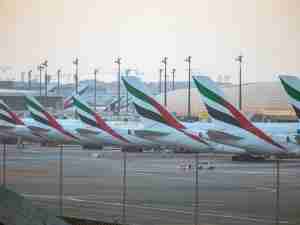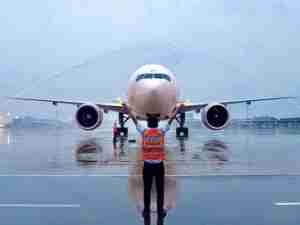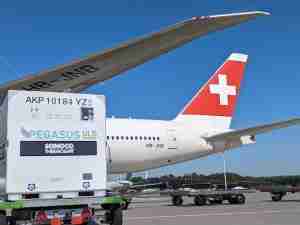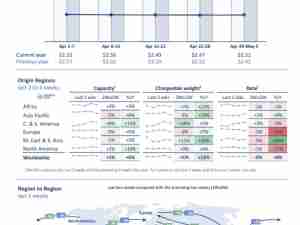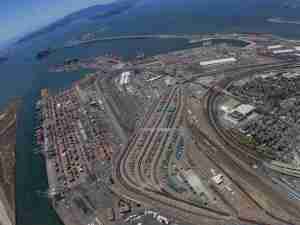Cathay plans job cuts in business revamp unseen in 20 years
By: | Jan 18 2017 at 07:55 AM | Air Cargo
(Bloomberg)—Cathay Pacific Airways Ltd., Asia’s biggest international airline, said it will eliminate some positions as part of an organizational revamp after conducting a critical review of its business in a bid to arrest a decline in earnings.
“The competition is here to stay and the uncertainty is the ‘new normal’ - we must simply respond,” the Hong Kong-based carrier said in a statement Wednesday after a leadership conference. “This change will create opportunities, but some jobs will no longer be needed. Some new jobs will be created and other jobs may be redefined.”
The carrier did not provide details on how many positions will be affected. The pillars anchoring its new strategy will include customer focus and productivity, with data analytics and digital capabilities helping to remove inefficiencies and waste, Cathay said.
The airline is looking at ways to pare costs as mounting competition from Chinese and Middle Eastern carriers have eaten into Cathay Pacific’s premium long-haul customer base, damping its yields. Adjustments to the way the company is organized will start at the top, and it plans to implement the changes by mid-year, it said in the statement.
“Something of this scale hasn’t happened in for more than 20 years,” Cathay said.
Employee Number
Cathay Pacific said it had 23,400 workers at the end of June, while affiliate Cathay Dragon had 3,300. That compares with 14,046 employees at Singapore Airlines, excluding its units, as of March 31.
A spokeswoman said the company doesn’t comment on speculation when asked whether any changes at the top will involve a management reshuffle. Chief Executive Officer Ivan Chu has been at the helm of the carrier for about three years now. His predecessors John Slosar and Tony Tyler both held the top job at the marquee airline for about three years. In both instances, the then chief operating officer was promoted to the chief executive’s role.
Cathay Pacific posted its smallest half-year profit since 2014 for the six months ended June and is reviewing its business amid wage disputes with air crew and limited capacity at Hong Kong’s airport.
Shares of Cathay Pacific fell 2 percent to HK$10.82 in Hong Kong on Wednesday before the announcement. They have dropped 30 percent since Chu was appointed as chief executive officer on March 14, 2014, while the city’s Hang Seng Index has advanced 6.2 percent in the same period, according to data compiled by Bloomberg.
Premium Travel
Cathay Pacific said Oct. 12 that its second-half result was “no longer expected” to be better than that in the first half. In August, the airline reported an 82 percent plunge in net income in the first six months of the year and warned that premium travel was slumping.
Jefferies Group LLC expects the carrier to report losses in the second half of 2016 and also next year, Andrew Lee, an equity analyst at the brokerage, wrote in a report in November. A second-half loss in 2016 would be Cathay Pacific’s first six-month loss in four years, data compiled by Bloomberg show.
“2017 is going to be a year of significant change and opportunity to better align our business with the increasingly competitive aviation landscape,” the carrier said in the statement.
